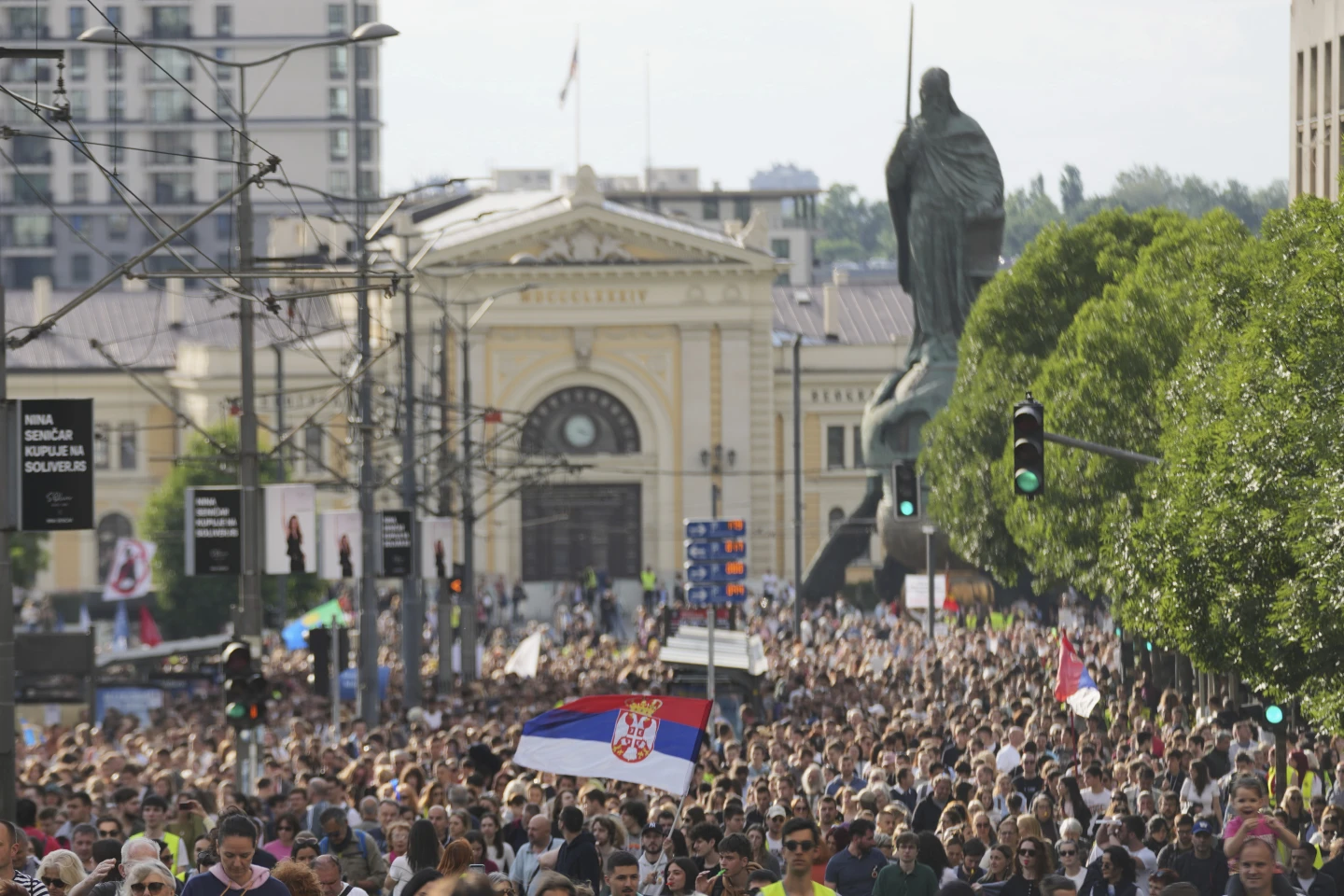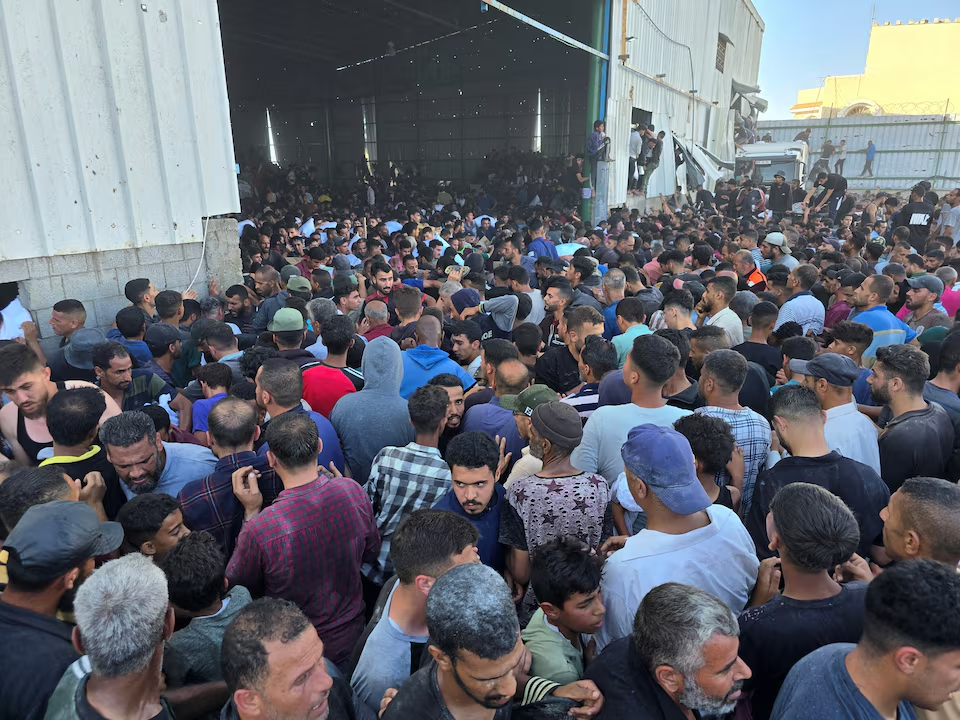Russia has pledged to respond forcefully to a wave of Ukrainian drone attacks that struck multiple sites inside its territory, while simultaneously insisting that it remains committed to pursuing peace through diplomatic channels.
The statement came on Friday following a series of Ukrainian drone strikes that reportedly hit industrial facilities and infrastructure in Russia’s border regions, including Belgorod, Kursk, and Rostov. Although there were no immediate reports of casualties, Russian authorities confirmed damage to fuel depots, power stations, and logistics hubs.
In a televised address, Russian Foreign Ministry spokesperson Maria Zakharova condemned the attacks as “acts of terrorism” and accused Ukraine of attempting to provoke wider escalation. “Russia reserves the right to retaliate at a time and manner of its choosing,” she said, adding that Moscow had shown “extraordinary patience” in the face of what it claims are ongoing provocations backed by the West.
Despite the aggressive tone, Zakharova emphasized that Russia is not abandoning diplomatic efforts. “We remain committed to peace, but peace cannot come at the cost of security and sovereignty. We will not tolerate continuous acts of aggression,” she stated.
Ukrainian officials have not taken responsibility for the latest strikes, in line with their typical policy of ambiguity regarding operations beyond Ukraine’s borders. However, a senior Ukrainian defense source told Reuters anonymously that drone campaigns are part of a broader strategy to degrade Russia’s war infrastructure and morale.
“These strikes are targeted, strategic, and aimed at reducing the capacity of the enemy to wage war on Ukrainian soil,” the source said.
The escalation comes amid growing international concern over the risk of the conflict spilling further beyond Ukraine. Western officials have called for restraint, with U.S. Secretary of State Antony Blinken reiterating that Washington does not support attacks inside Russia but acknowledges Kyiv’s right to self-defense.
The European Union also urged de-escalation. “We call on both sides to avoid any actions that could derail efforts toward a sustainable resolution,” said EU foreign policy chief Josep Borrell. He added that the EU continues to support Ukraine’s sovereignty and territorial integrity while pushing for a negotiated end to the conflict.
Meanwhile, Russian state media has intensified coverage of the drone strikes, showing images of smoke plumes rising from oil facilities and damage to warehouses in Belgorod. The Kremlin is using the incidents to reinforce its narrative that Russia is under direct attack and needs to intensify its military campaign.
Analysts say the latest strikes mark a turning point in Ukraine’s asymmetric warfare capabilities. With growing domestic drone production and tactical innovation, Ukraine has managed to reach deeper into Russian territory with increasing frequency—raising questions about the effectiveness of Moscow’s air defense systems.
Despite the rhetorical commitment to peace, Russia has continued its missile and drone attacks across Ukraine in recent days, including strikes on Kharkiv and Odesa. Ukrainian emergency services reported several civilian injuries and infrastructure damage.
The Kremlin’s vow of retaliation has raised fears of a more aggressive Russian response in the coming days, potentially including strikes on Ukrainian decision-making centers or further attacks on energy infrastructure.
As both sides dig deeper into their military strategies, the prospects for peace appear increasingly remote. While Moscow talks diplomacy, the battlefield remains the primary theater for leverage, with civilians on both sides bracing for more violence.
Source: Reuters



